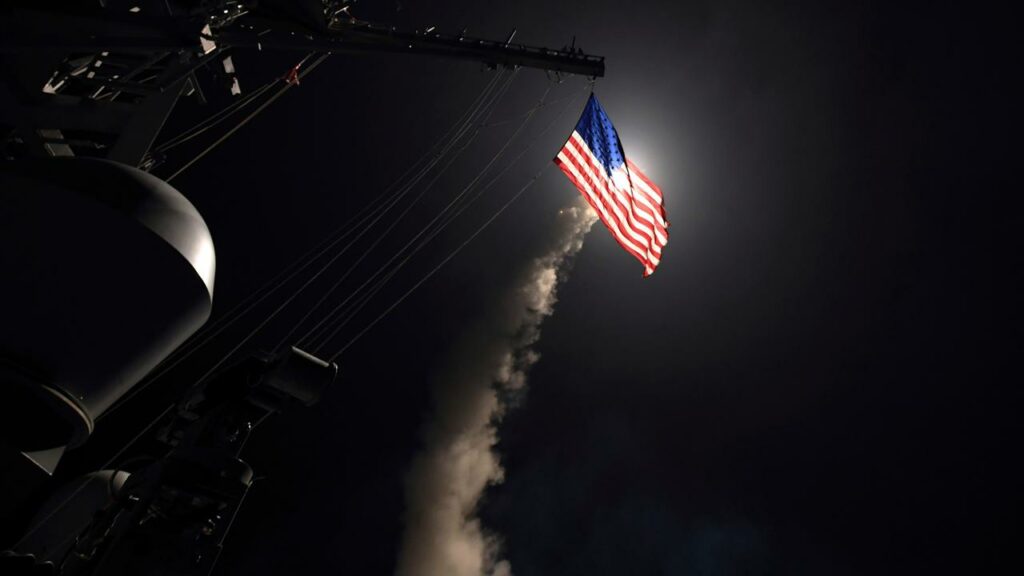US clears Australia to acquire new long-range missiles
Dominic Giannini |

Advanced US-made guided missiles capable of homing in on enemy targets have been approved for sale to Australia.
It is one of the first major arms sales since the Australian Defence Force changed its posture to focus on long-range strike capabilities to deter enemies further from its shores.
The first three of 40 US-made Black Hawk helicopters are also slated to arrive by the end of June.
The United States Defence Security Cooperation Agency notified Congress it had approved a potential deal worth up to $US506 million ($A751 million) on Monday.
The Australian government requested up to 63 long-range guided missiles and up to 20 air-training missiles as well as training dummy missiles and support equipment.
The missiles are designed to destroy enemy air defence systems and radar to protect Australian aircraft.
“It is vital to the US national interest to assist our ally in developing and maintaining a strong and ready self-defence capability,” the US agency said in a statement.
“The proposed sale will improve Australia’s capability to meet current and future threats.”
The US says Australia will have no problem integrating its weapons into its defence force.
A new, lethal drone could also be in local production in the next three years as the Australian Defence Force ramps up its capabilities to prepare for heightened tensions in the Pacific.
BAE Systems Australia unveiled the armed drone at the Avalon air show as defence chiefs focus on air power.
The drone is small enough to fit in a shipping container but is able to carry a payload of up to 180kg for 800km.
Chief executive Ben Hudson said it combined the benefits of a helicopter with the range, speed and payload benefits of a conventional aircraft.
“STRIX could be ready for operational service as soon as 2026 and work is already under way on a STRIX prototype,” he said.
The air show has brought almost 800 companies from more than 50 countries to Victoria to show off cutting-edge defence technology.
Australian National University security expert John Blaxland said the war in Ukraine confirmed the effectiveness of drones.
He said new unmanned aircraft suited Australia’s smaller defence force.
“We have a boutique defence force that is high-tech, really professional but small,” he told the Nine Network.
“There’s a saying, quantity has a quality all of its own. Drones help compensate for our lack of quantity.”
Professor Blaxland said increased surveillance and intelligence-gathering capability would help deter adversaries.
“This is a significant complicating factor for anybody who might want to threaten us or blackmail us or cajole us or go to war with us,” he said of the drones’ sophistication.
Defence Minister Richard Marles branded 2023 a consequential year for defence as the government prepares to unveil the findings of a review and announce a pathway to acquiring nuclear-powered submarines.
The defence strategic review will be released in April.
AAP